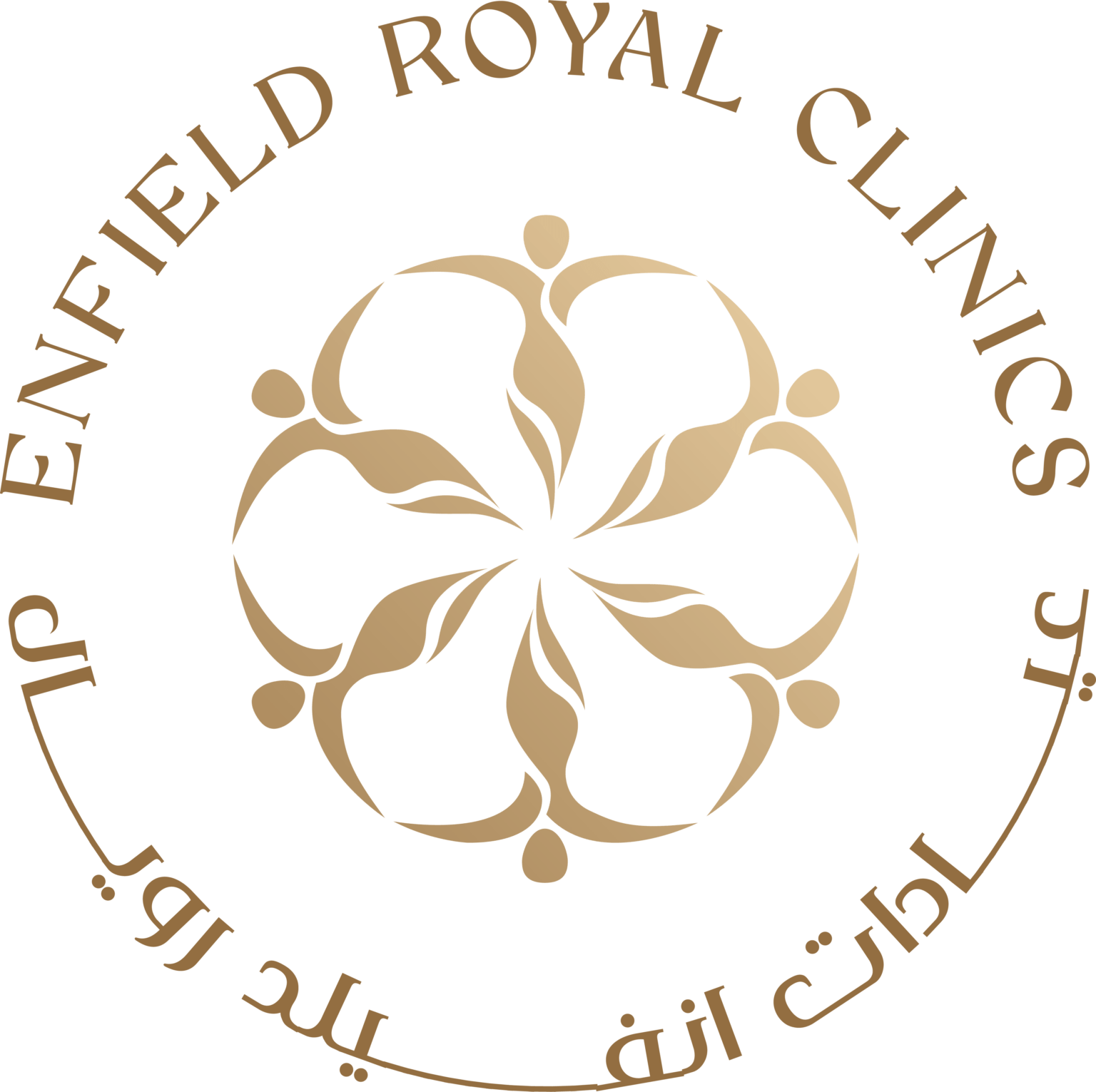
Orthognathic surgery, also known as Jaw surgery, is a massive operation that directly impacts an individual’s pattern of nutrition and well-being. Whether performed to correct such factors as mismatch, which can interfere with chewing, or simply for aesthetic purposes that aim at equalizing facial features, jaw surgery claims a specific critique concerning post-surgical diet changes and the possible recovery regime. This detailed description covers various aspects of jaw surgery and its connection with eating, from the liquid-only diet after the operation to the changes needed for the best possible outcome.
What is Jaw Surgery?
Orthognathic surgery refers to the surgical correction of the jaw and its function to eliminate malformations or dysfunction in the jaw. One of the most common types of surgeries is orthognathic surgery, which is based on millimetric surgical operations to realign the position of jaws when their position causes functional problems or pain. The main aim is to reconstruct the functions of biting, chewing, and speaking joints in the aesthetic facial profile.
Common Reasons for Jaw Surgery:
Numerous medical and aesthetic concerns can lead to the decision to get jaw surgery. From a medical point of view, people need surgery for various reasons like TMJ, severe malocclusion, or sleep apnea when it becomes impossible to carry out certain functions. On the other hand, cosmetic reasons such as facial disharmony, facial asymmetry, or facial protrusion also lead people to undergo orthognathic surgery.
Ideal Candidates for Jaw Surgery:
Ideal candidates for jaw surgery typically include individuals with:
- Skeletal abnormalities of the jaws.
- Painful momentary sensations during chewing, biting, or swallowing foods due to the positioning of the jaws.
- Chronic headaches and migraine
- Temporomandibular joint (TMJ) disorder.
- Disproportionation of the jaw skeletons.
- The jaw position, such as obstructive sleep apnea, causes breathing disorders.
- Other medical conditions, such as cleft lip and palate, are inherited from birth.
- Severe fractures of the jaw that left structures violently contorted.
- The primary reasons would be the desire to beautify the face and shape and functional ones, such as correcting the jawline.
How is Jaw Surgery Done?
Jaw surgery requires a precise technique and may be done under general anesthesia for specific hospital surgical procedures. Surgeons use several procedures, such as osteotomies (which involve cutting the bone), bone grafting, and fixation methods, to help adjust the position of the jaw bones as desired. Depending on the type and severity of a jaw abnormality, the surgical intervention can involve the upper and lower jaw to correct facial disharmony and malocclusion.
Immediate Post-Surgery Diet:
Post-surgical management, especially early in the healing process, entails strict adherence to a liquid diet to avoid unnecessary complications after surgery of the jaw. These include clear broth, vegetable soup, fruit juice, and protein-based smoothies, which take a short time to digest after surgery. These soft, protective foods allow for consuming necessary nutrients without stressing the jaw muscles and tissues.
Challenges of Eating After Jaw Surgery:
Patients who have undergone jaw surgery, especially during the postoperative period, commonly face various issues regarding their ability to have a good meal. Pain and inflammation, which result from the surgery, make it challenging to manage eating hard foods and fluids. Moreover, the limitations on jaw movement due to the surgery will likely worsen the problem of eating a regular diet.
Long-Term Eating Adjustments:
The swelling decreases as the wounds heal, and the patient gradually resumes eating more solid foods. You should take Soft foods such as mashed potatoes, pureed vegetables, yogurt, and other foods with small and soft particles to feed the body with nutrients. However, returning to solid foods has to be done gradually, and the patient should not take hard, crunchy, or chewy foods that could stress the repairing tissues or jeopardize the surgical result.
Cost of Jaw Surgery in Islamabad:
The cost of jaw surgery in Islamabad ranges from PKR 120,000 to PKR 230,000. The price for jaw surgery in Islamabad, as in any other area, may slightly or significantly differ depending on several factors;
- Type of surgery,
- Qualifications of the surgical team,
- Facility charges
- Any other extra cost included in the consultation
- General anesthesia and recovery.
Before deciding on jaw surgery, one should consult their healthcare provider on all aspects, including cost.
Book A Consultation:
Anyone considering jaw surgery or needing advice on diet after the surgery should make an appointment with a surgeon at Enfield Royal Clinics, who will give the necessary guidance.
With the help of our competent surgeon, you can start this surgical process and be sure of the best results in terms of functionality and appearance.




